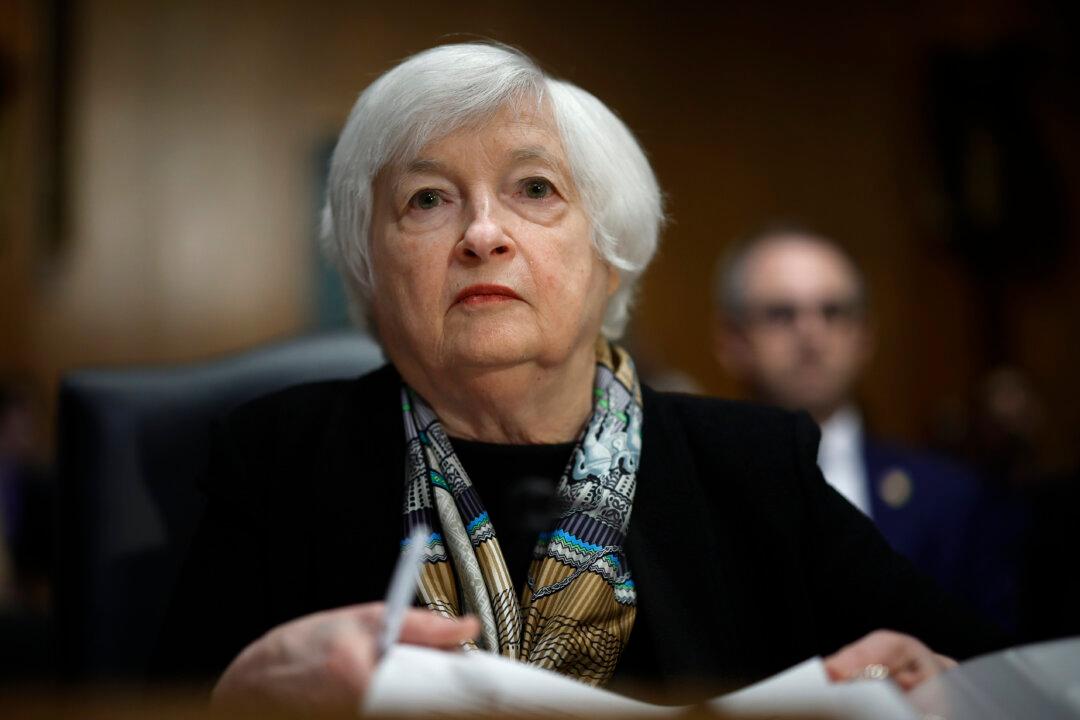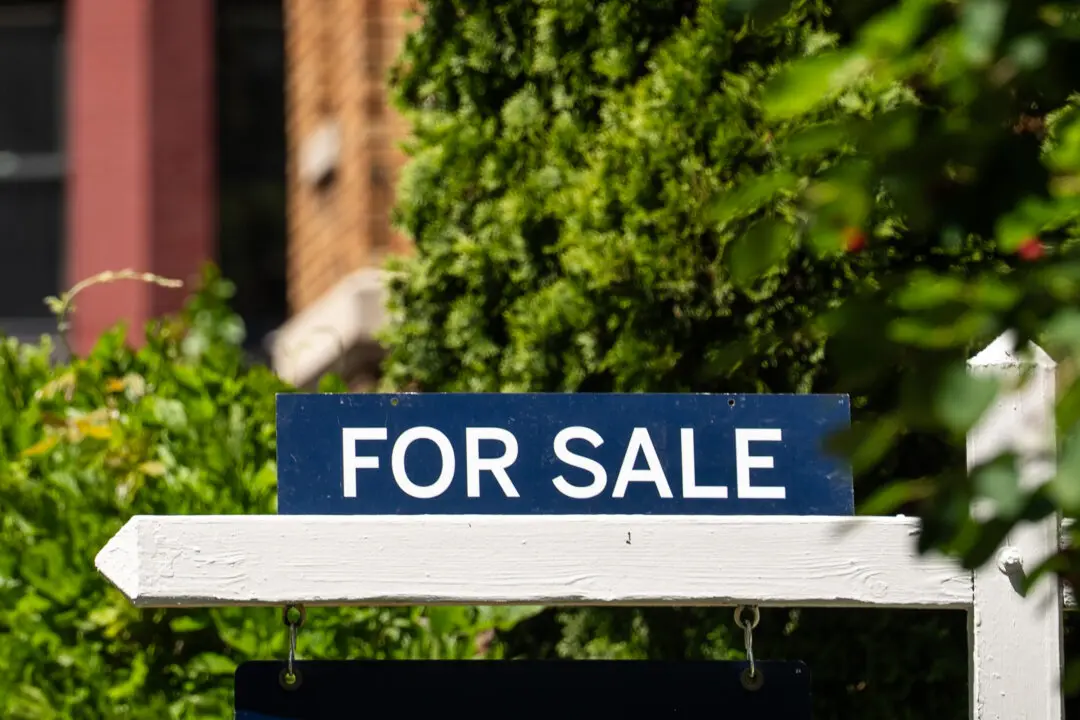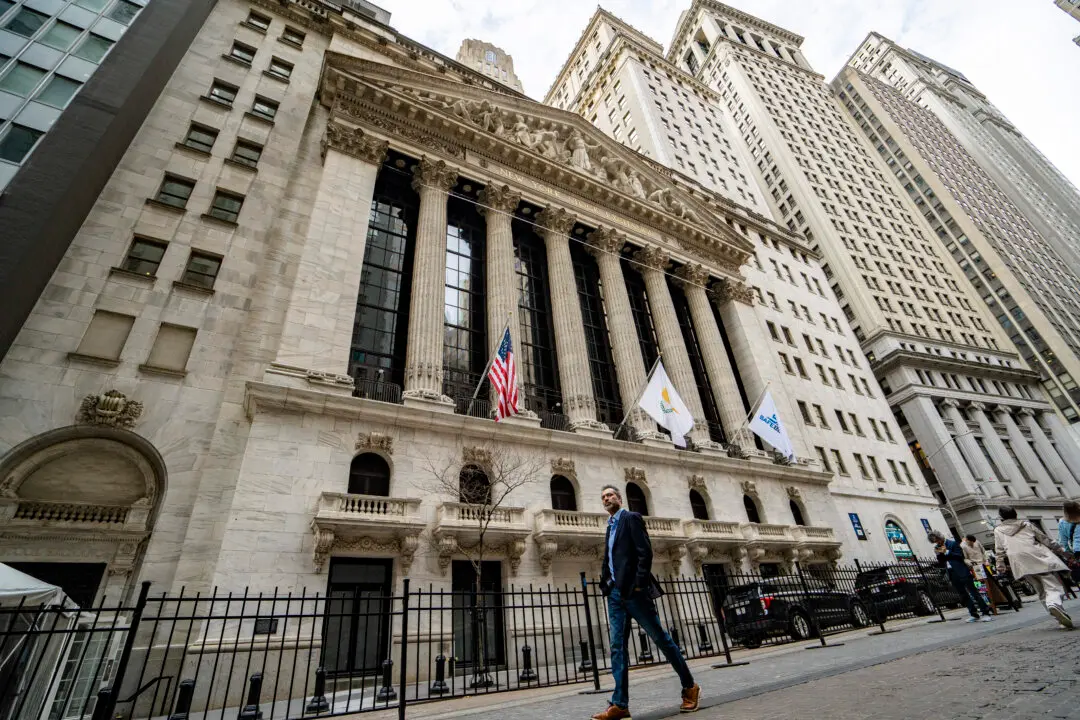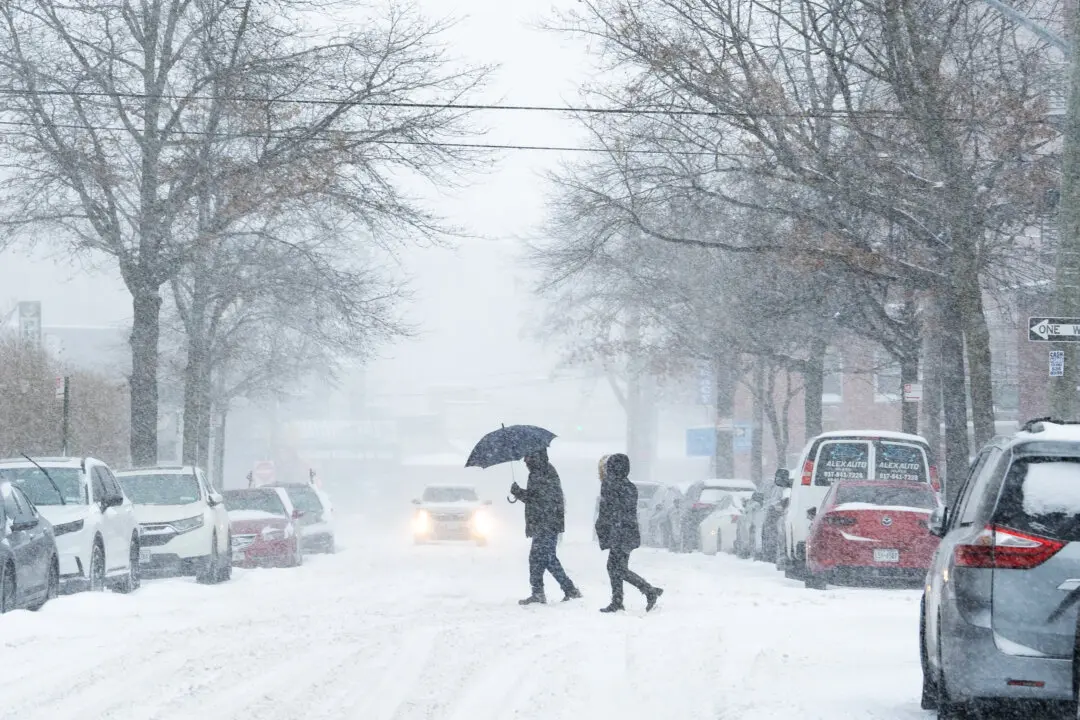Treasury Secretary Janet Yellen met with more than two dozen CEOs and executives at a meeting convened by the Bank Policy Institute (BPI) to discuss the debt ceiling and the state of the economy and banking system.
Yellen reiterated her public position that the U.S. banking system is sound and resilient, alluding to its high capital levels and strong liquidity positions. She added that measures employed by the Biden administration and federal regulators to shield depositors from financial ruin ensured “public confidence in the banking system and mitigate financial contagion.”





